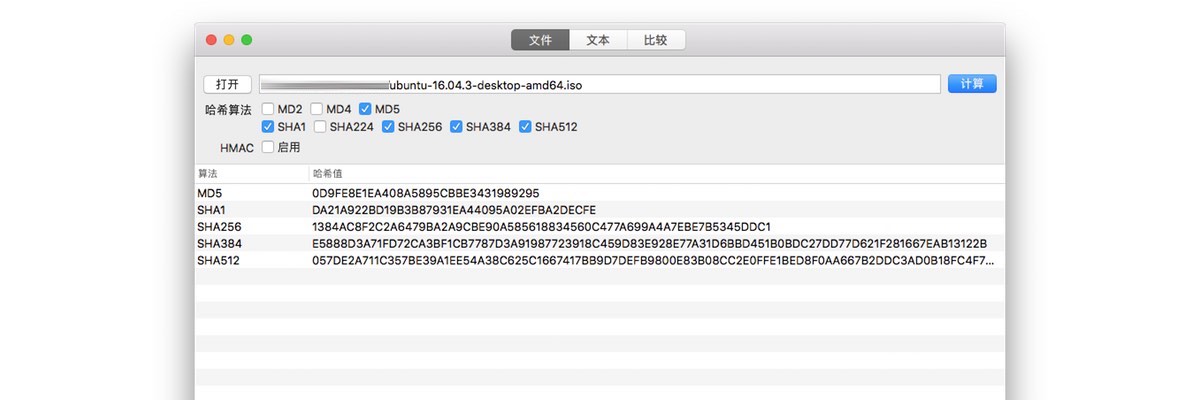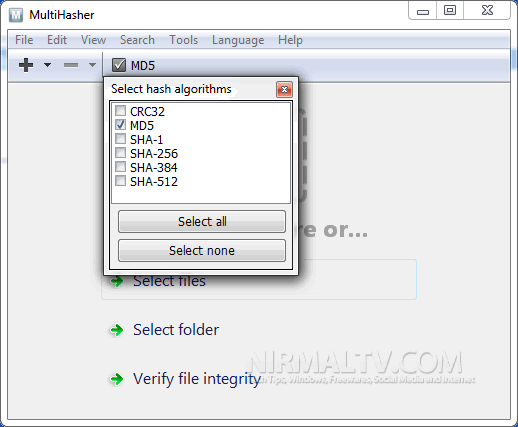

On average, you would make $144,000 just from the block rewards from mining for that much time with 1/4 global hashpower, so the expected amount of failures are very expensive in opportunity costs. There's only a 2% chance an individual attempt would pull that off for 6 confirmations in a row when using 1/4 the global hash power, and the whole time you're attempting this, your hash power isn't making money mining unless you succeed. If you had 1/4 the hash power, it's true that you have 1/4 chance of creating a block before anyone else, but to be clear, doing that once isn't enough to do a double-spend attack of a transaction with some N confirmations (usually people would aim for N=6). These people could be on the other side of the world. How many people out there were never caught, or were insufficiently prosecuted? Employees are usually subject to the laws where the office is located. I'm thinking of the epic embezzling scandals that have turned up. But is that really true? Or is there a zero-day attack out there already being used or waiting to be found? That only borrowed hardware would be used that way, and on short bursts of purchases. I think it's assumed that it's not in the interest of either mining hardware owners or frequent cryptocurrency spenders to do this, as they would destabilize their own investment. Any hasher could blacklist transactions that are unfavorable to them without really affecting their odds of finding the next hash. The second one is that there is no consensus on what transactions to include in the next hash. I need one attack (rewrite history), not two (rewrite history + DOS attack), and because of that, nobody but my pocketbook notices if I try and fail. In Bitcoin, things can be rolled back even if everyone is online. In Raft, your history can roll back if there's a partition. The obvious one is that everyone takes the longest chain, regardless of whether everyone already agreed to a shorter chain. I'd be better off setting the money on fire to heat my house.īitcoin doesn't have a consensus algorithm on two counts. If that weren't the case, there'd be no point at all in me having.

The odds are 1:3 that you will still find the next hash. If you had 25% of the TH/s out there, there are 3x as many hashes you don't control as do. You don't need 51% of the hashes to have the longest chain. 99% of what you need to have 51% of the hashrate, not. Everyone would know what you're doing, including the FBI. The local papers would have photos of you shaking hands with the mayor as your data centers open up. You'd probably pick your data center locations based on availability of cheap power and labor, and you'd become a major commercial presence in each of those towns. You'd need dozens of huge data centers to run all this hardware, each one consuming astronomical amounts of electricity. Not that any supplier can fill an order like that quickly.Īnd we haven't even gotten to the power and operations costs. You would need more than 1.4 million of these units, at a cost of over $2.2 billion dollars. They're currently promoting a 67 TH/s unit for $1585. Bitmain is a major supplier of this kind of hardware, so let's use their prices as a reference. This means that if you rented out the entire nicehash market, you'd have 0.5% of the hash rate you need.Ĭould you get the other 99.5% by buying lots of mining hardware? Theoretically yes, but realistically no. However, Bitcoin's total hash rate right now is 100,000,000 TH/s. You can see here that nicehash has about 500 PH/s (500,000 TH/s) available for rent. They are extrapolating from Nicehash's mining rental prices, but Nicehash doesn't have anything like the capacity you'd need.

There is absolutely no way to 51% attack a major coin like Bitcoin for as little as $700k an hour.


 0 kommentar(er)
0 kommentar(er)
